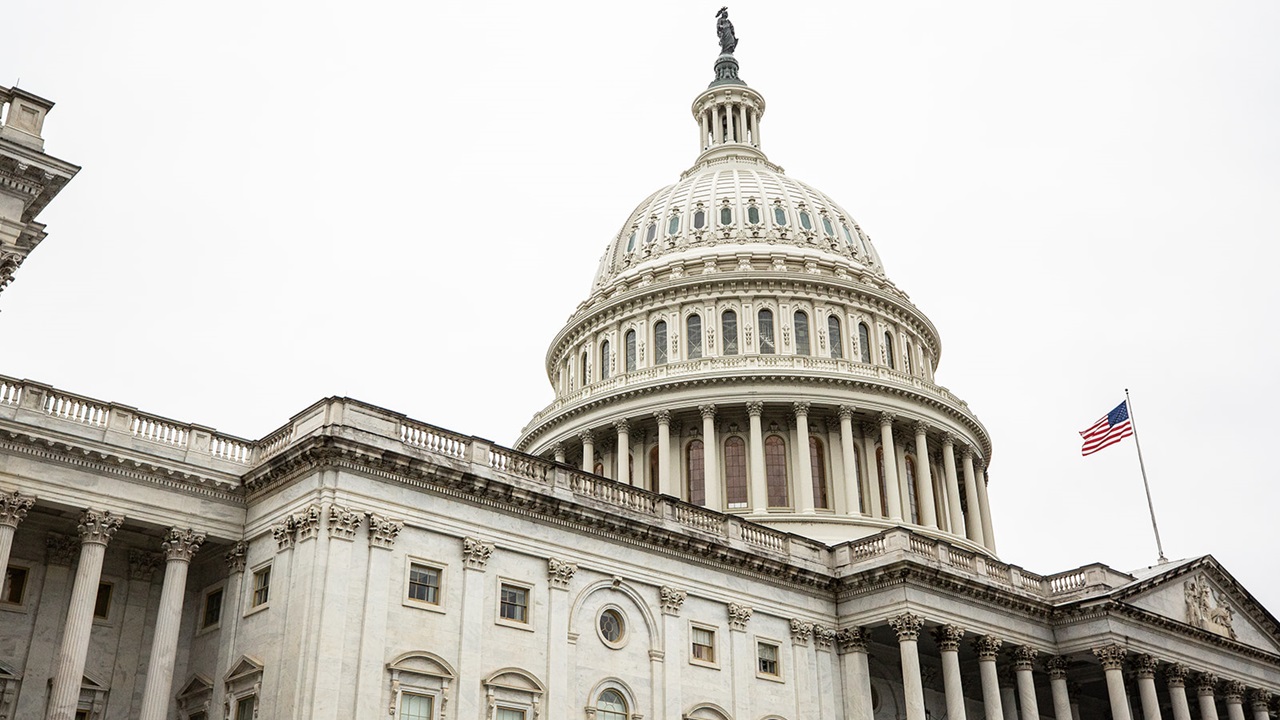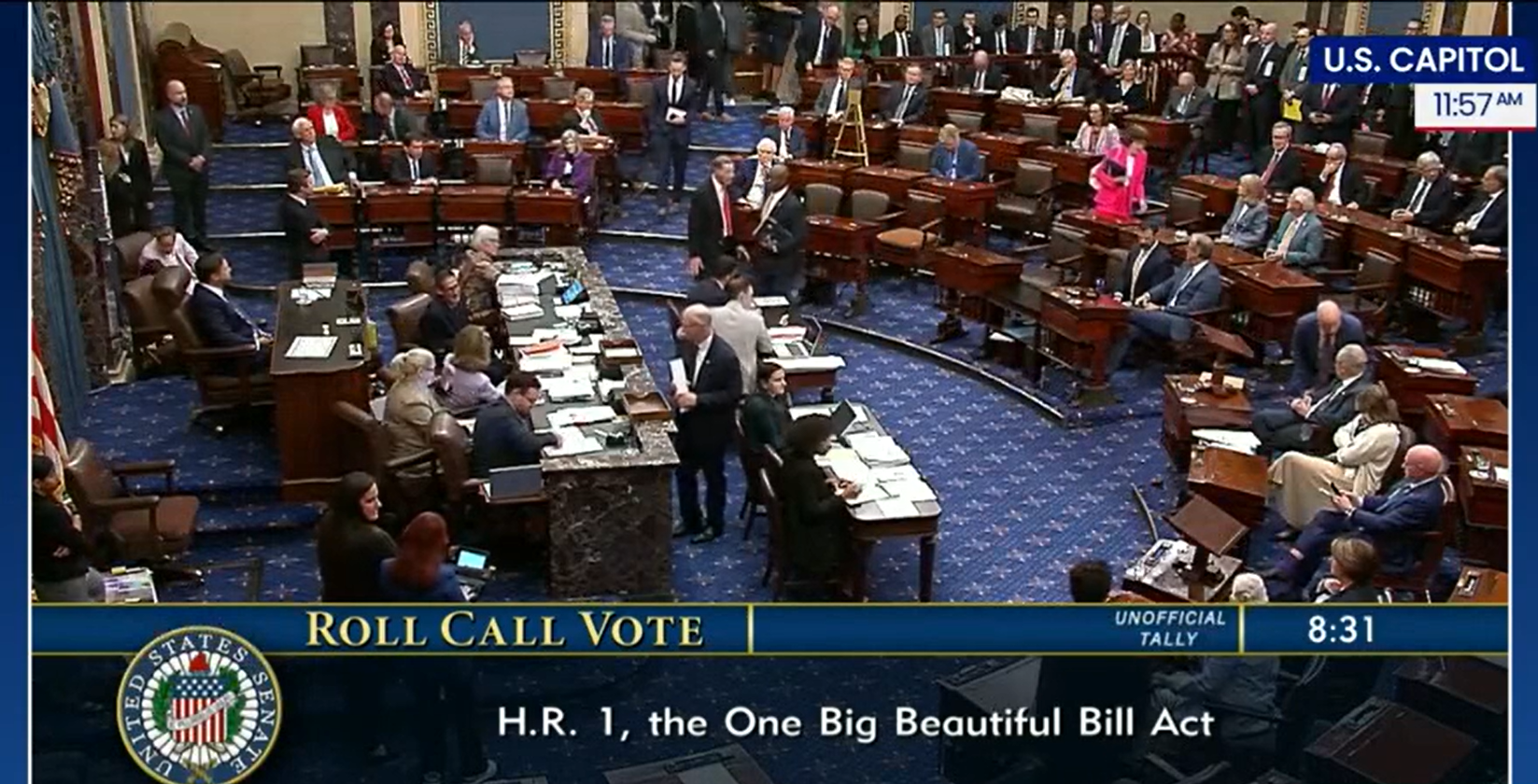Capitol Correspondence - 07.25.23
Medicaid Redeterminations: CMS Seeks to Ensure Coverage Amid Disenrollments
Share this page
Stay Informed on the Latest Research & Analysis from ANCOR
More News
Press Release - 07.03.25
Statement on Final Passage of the Republican Reconciliation Package

Capitol Correspondence - 07.01.25


